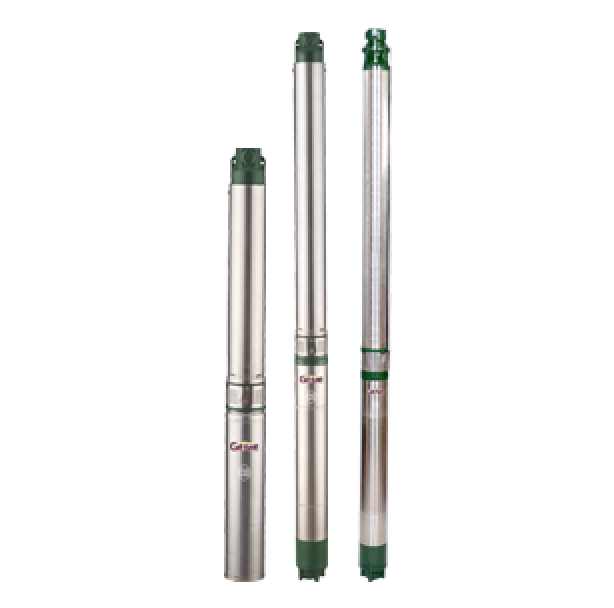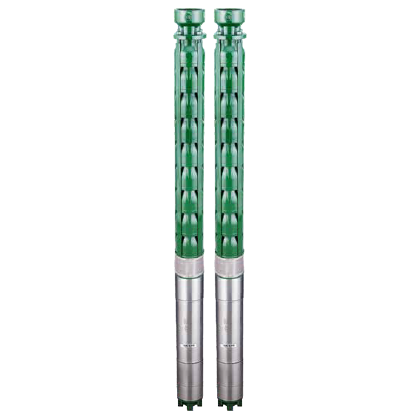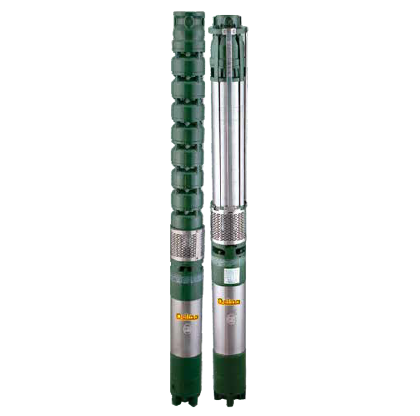Home » Applications » Agriculture
Filter by Category
By Segment
By Products Category
By Product
By Segment
By Product
FAQS
The right agricultural pump depends on several factors including the source of water (well, borewell, river, etc.), the area of irrigation, the type of irrigation required (drip, sprinkler), and the water volume and pressure needed. Consulting with a CRI expert can help you choose the most suitable pump for your requirements.
CRI Agricultural pumps are available through our extensive network of dealers and service centers across the country. To find a dealer near you or for more specific product information, please visit our [Contact Us page]
CRI Agricultural pumps are renowned for their robust design, high efficiency, and reliability. They are built to withstand harsh farming conditions, ensuring optimal performance with low maintenance costs. Our pumps also offer high energy efficiency, which can significantly reduce running costs.
The cost of agricultural pumps varies based on the type, model, and specifications. For detailed pricing information, please contact your nearest CRI dealer, who can provide you with accurate and up-to-date pricing based on your specific needs.
CRI offers agricultural pumps ranging from lower horsepower for small-scale farming to higher horsepower models for large-scale agricultural applications. This ensures that farmers can find exactly what they need for their specific farming operations.
Single-phase pumps are suitable for smaller applications with lower power requirements, whereas three-phase pumps offer more power and efficiency for larger agricultural operations.
AC pumps are powered by alternating current and are commonly used where power supply consistency is key, whereas DC pumps are powered by direct current and are often used in remote areas where they can be powered by batteries or solar panels.
Regular maintenance includes checking and cleaning the impellers, ensuring the motor is free from dust and debris, checking all electrical connections, and verifying the pump is adequately lubricated. It’s also crucial to check the suction and discharge lines for blockages regularly.
To enhance the lifespan of your pumps, ensure proper installation, perform regular maintenance, avoid running the pump dry, and use it within the recommended limits. Utilizing voltage stabilizers can also help protect the pump from electrical fluctuations.






